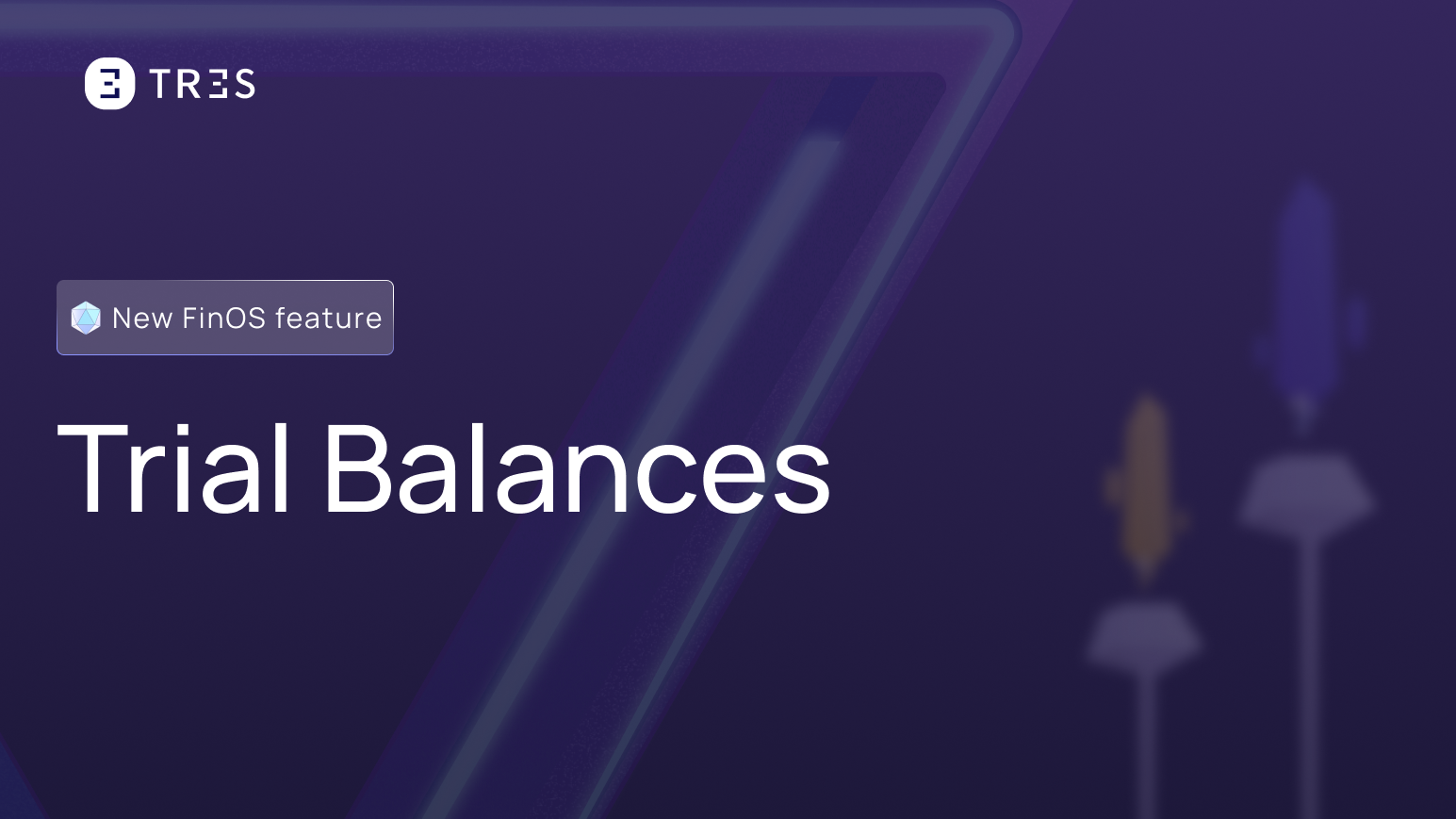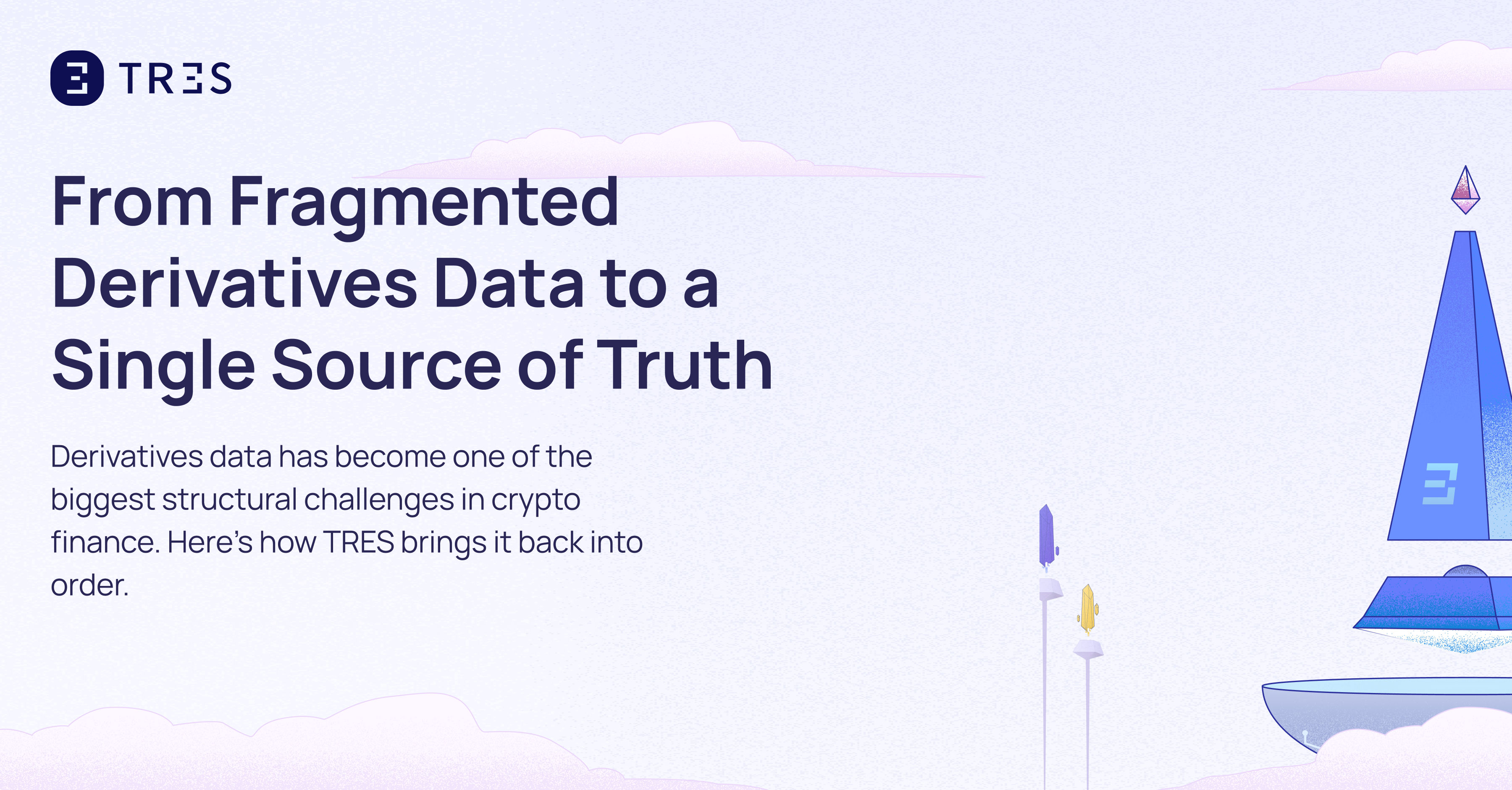
TL;DR
| Platform | Rating | Target Audience |
| TRES | 4.5/5 | TRES Finance is the ideal provider to achieve maximum levels of reconciliation and data quality as it triple verifies the data from 200+ chains. It offers comprehensive audit trails, and integration with traditional ERP systems to manage complex, multi-chain financial data within a regulatory-aware environment. |
| Cryptio | 4.0/5 | Cryptio is best suited for institutional investors that require accounting compliance, and integration with existing financial systems. Organizations handling moderate volumes with a focus on corporate or traditional crypto activities will benefit most. |
| Lukka | 4.0/5 | Lukka is best suited for institutional investors, fund administrators, and enterprise accounting teams managing high-volume and complex crypto portfolios who require deep compliance, robust reconciliation, and audit-readiness rather than purely tax calculation or basic tracking. |
| Bitwave | 4.0/5 | Bitwave is best suited for large enterprises, crypto exchanges, and complex financial operations requiring automated reconciliation, robust audit trails, and regulatory reporting for multi-blockchain activity under IFRS/GAAP frameworks. |
| Integral | 3.5/5 | Ideal for Web3-native companies, DAOs, and blockchain projects handling complex portfolios, high transaction volumes, and in need of automated crypto accounting workflows with real-time asset tracking and flexible compliance support. |
Introduction
With the rapid expansion of digital assets and cryptocurrencies, financial transparency and risk management have become critical challenges for organizations. As regulatory frameworks evolve and investor scrutiny intensifies, businesses operating in the crypto ecosystem face increasing pressure to validate their financial records and safeguard against errors or fraud. Choosing the right software for crypto audits is essential—not just for regulatory compliance, but also for building trust and ensuring operational resilience in a highly dynamic sector. This listicle reviews top solutions through the lens of rigorous industry standards, equipping readers to make informed, strategic decisions.
Software for Crypto Audits
Software for crypto audits refers to digital solutions specifically designed to examine, verify, and document the accuracy of cryptocurrency transactions and holdings. These platforms automate the reconciliation of blockchain data, ensure that records align with established accounting principles, and provide comprehensive audit trails. Unlike general accounting tools, crypto audit software addresses unique challenges such as on-chain data analysis, digital asset valuation, and real-time transaction tracing, distinguishing them from traditional financial audit tools.
Why is this important?
Selecting robust crypto audit software is fundamental for businesses seeking to manage their digital asset portfolios responsibly, adhere to global standards, and mitigate operational risks.
Accurate Reconciliation & Data Quality: These tools help maintain precise records by verifying blockchain transactions against internal systems, reducing errors and discrepancies.
IFRS/GAAP Alignment: Proper solutions enable organizations to stay compliant with International Financial Reporting Standards (IFRS) and Generally Accepted Accounting Principles (GAAP), essential for credible financial reporting.
Regulatory and Audit Readiness: By facilitating SOC1, SOC2, and PCAOB reporting, audit software ensures preparedness for external regulatory reviews and industry audits.
Comprehensive Audit Trails: Detailed documentation and digital logs provide transparent, tamper-evident records crucial for dispute resolution and risk management.
How are we going to objectively analyse the providers?
Reconciliation & Data Quality
Reconciliation & Data Quality evaluates how effectively software identifies discrepancies and ensures the accuracy of crypto asset data. This criterion is crucial because inconsistencies or errors can lead to material misstatements in financial records. Readers should look for automated reconciliation features, robust data validation tools, and transparent reporting. Strong performance in this area results in trustworthy datasets, simplifying audit procedures and supporting reliable financial analysis.
IFRS, GAAP Compliance
IFRS and GAAP Compliance assesses whether the software facilitates adherence to international and generally accepted accounting standards. This is important for companies operating in or reporting to multiple jurisdictions. The criterion involves tracking relevant standards, automating calculations, and maintaining up-to-date reporting templates. Meeting compliance requirements ensures financial statements are accurate, comparable, and audit-ready, reducing the risk of regulatory penalties or misinterpretations.
Regulatory Reporting (SOC1, SOC2, PCAOD Compliance)
Regulatory Reporting examines the software’s support for producing documentation and evidence required by frameworks like SOC1, SOC2, and PCAOB. Effective solutions offer automated controls testing, comprehensive reporting modules, and timely alerts for compliance updates. This matters for organizations subject to audit or regulatory oversight. High-performing tools simplify preparation for inspections, reduce manual effort, and help demonstrate a strong control environment to stakeholders.
Audit Trail Documentation
Audit Trail Documentation measures the software’s ability to log, timestamp, and preserve records of financial activity and user actions. Thorough audit trails are essential for transparency, forensic analysis, and dispute resolution. Readers should assess version control, immutability, and ease of access for reviewers. Robust audit trail documentation provides accountability, supports external audit processes, and strengthens overall governance by creating a reliable historical record.and frees up resources for higher-value tasks, making it a pivotal consideration for scaling organizations.

TRES Finance is an enterprise-grade financial compliance platform that streamlines financial reporting and audit-readiness for digital asset businesses. TRES automates reconciliation, regulatory reporting, and audit readiness for digital assets. Its distinctive advantage lies in combining AI-driven insights with comprehensive data aggregation across 200+ crypto networks, exchanges, and traditional finance platforms.
Reconciliation & Data Quality
TRES Finance connects to over 200 blockchains and financial platforms, automating reconciliation by fetching, categorizing, and verifying transactions against the actual blockchain records. Its workflows enhance data quality by flagging anomalies, minimizing errors, and maintaining unified records, as recognized by finance teams handling complex crypto operations.
IFRS, GAAP Compliance
The platform supports core accounting processes key to IFRS and GAAP compliance by accurately tracking gains/losses, syncing crypto data with any ERP systems in the market, like Xero and NetSuite, and storing comprehensive transaction metadata. These features facilitate compliant bookkeeping and reporting for global standards.
Regulatory Reporting (SOC1, SOC2, PCAOD Compliance)
TRES touts its regulatory readiness and enables audit-friendly data aggregation and reporting, supported by its SOC1, SOC2, and PCAOB compliance certifications. Centralized bookkeeping and expert CPA support nonetheless aid institutions in preparing for regulatory audits and sustaining internal controls.
Audit Trail Documentation
TRES maintains an immutable audit trail by logging transaction metadata (wallets, timestamps, IDs) within a dedicated data lake, accessible via AI querying. Integrations with mainstream accounting systems further bolster transparent audit documentation, making it efficient for both internal and external financial reviews.
Pros
• Extensive coverage, consolidating transactions across 200+ blockchains, exchanges, and fiat banks for unified financial oversight.
• Strong automation and AI-driven data analysis minimize manual reconciliation and improve the speed and accuracy of crypto accounting.
• Seamless integration with major ERPs and accounting software facilitates compliance and enriches traditional financial reports with blockchain data.
Cons
• Pricing information is not publicly disclosed, necessitating direct engagement for cost estimates and making budget planning less transparent.
Best for: TRES Finance is ideal for medium to large Web3 companies, accounting teams, and crypto enterprises that need automated reconciliation, comprehensive audit trails, and integration with traditional ERP systems to manage complex, multi-chain financial data within a regulatory-aware environment.
Score: 4.5/5

Cryptio is an accounting platform for digital assets that streamlines financial reporting and for digital asset businesses. The solution distinguishes itself through deep accounting knowledge and direction for the production of transparent financial records for institutional clients.
Reconciliation & Data Quality
Cryptio offers transaction reconciliation and data quality to match blockchain, exchange, and custodial data. It employs comprehensive data integrity checks, although DeFi and staking reconciliation depth is moderate compared to niche DeFi solutions, but lacks coverage on a large list of chains.
IFRS, GAAP Compliance
The platform delivers automated IFRS and GAAP-compliant reporting, supporting essential requirements like cost-basis computations and asset rollforwards. While highly capable in accounting standards compliance, maximum effectiveness depends on proper configuration and accounting expertise.
Regulatory Reporting (SOC1, SOC2, PCAOD Compliance)
Cryptio holds SOC 1 and SOC 2 (Type 1 & 2) certifications, ensuring strong internal controls and secure audit readiness for regulated clients. However, while its reporting supports PCAOB-aligned audits, full PCAOB audit certification is not specifically cited, possibly limiting validation for certain US public companies.
Audit Trail Documentation
Granular audit trail documentation tracks all user actions and data changes, maintaining traceability from transaction to ledger. Integrations with accounting software preserve detailed audit trails required for regulatory and internal review, but effective setup and maintenance depend on user expertise.
Pros
• Comprehensive reconciliation automates data matching for transactions
• Certified SOC 1 and SOC 2 compliance demonstrates robust security and internal controls for enterprise and regulatory requirements.
• Granular audit trail capabilities provide full transaction-level transparency, aiding both regulatory audits and internal reviews.
Cons
• Coverage for complex DeFi and staking transactions is less detailed, potentially limiting use for DeFi-focused operations.
• Initial configuration and ongoing maintenance require accounting and technical expertise, potentially raising barriers for smaller teams.
• Full PCAOB audit compliance is supported but not independently certified, which could affect suitability for US public company audits.
Best for: Cryptio is best suited for enterprise-level digital asset companies, funds, or institutional investors that require rigorous accounting compliance, audit-readiness, and integration with existing financial systems. Organizations handling moderate to high transaction volumes with a focus on corporate or traditional crypto activities will benefit most.
Score: 4.0/5
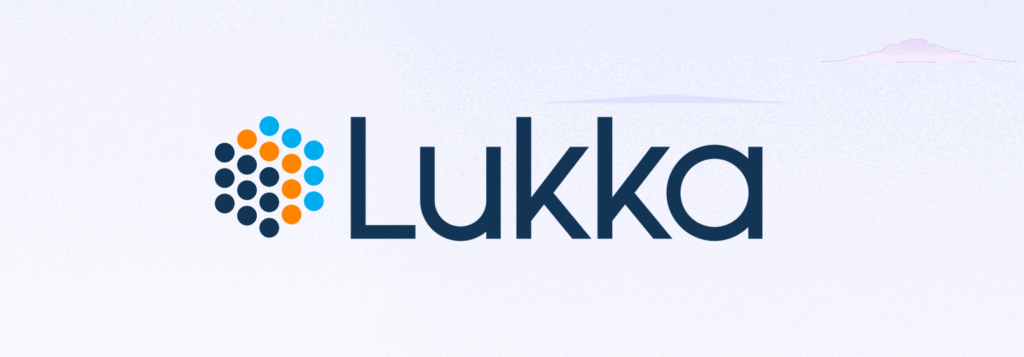
Lukka is an institutional-grade crypto audit and accounting software solution focused on digital asset reporting. Its primary differentiators include deep integration for complex transaction environments and alignment with global financial standards, positioning it as a leading choice for institutional clients.
Reconciliation & Data Quality
Lukka delivers over 50 reports, automated data ingestion, and integration with major ERPs, ensuring high data quality for complex crypto transactions. Its proprietary processes support accuracy at scale.
IFRS, GAAP Compliance
The platform supports both US GAAP and IFRS-compliant fair value reporting and disclosures, facilitating adherence to international cryptocurrency accounting and regulatory frameworks. Lukka’s automated reporting aligns with recent SEC guidelines (SAB 122), and its differentiation lies in enterprise-focused standards compliance beyond basic tax reporting.
Regulatory Reporting (SOC1, SOC2, PCAOD Compliance)
Lukka’s platform is designed for regulatory readiness, supporting AML, Travel Rule, and suspicious activity reports. However, while the company emphasizes audit readiness, there is a lack of public confirmation for SOC1, SOC2, or PCAOB certifications, which may be critical for some compliance-driven institutions.
Audit Trail Documentation
Lukka features robust audit trail documentation, including granular wallet-level data, transaction tracing across multiple blockchains, and evidence management for independent review. These features streamline external audit processes, although end-user feedback suggests complexity may be higher compared to more consumer-oriented platforms.
Pros
• Industry-leading reconciliation automation for crypto transactions, minimizing manual entry and improving data integrity for institutional operations.
• Strong support for IFRS and GAAP standards, providing globally relevant compliance for multi-jurisdictional entities dealing in digital assets.
• Comprehensive audit trail and transaction tracking, supporting regulatory inspections and third-party audit requirements across varied blockchain ecosystems.
Cons
• Public confirmation of formal SOC1, SOC2, or PCAOB certifications is unclear, potentially limiting certainty for highly regulated financial institutions.
• Platform complexity and feature depth may be overwhelming for smaller teams or users with simpler audit requirements.
• Enterprise-level pricing and onboarding may be a barrier to entry for startups or firms with limited digital asset exposure.
Best for: Lukka is best suited for institutional investors, fund administrators, and enterprise accounting teams managing high-volume and complex crypto portfolios who require deep compliance, robust reconciliation, and audit-readiness rather than purely tax calculation or basic tracking.
Score: 4.0/5
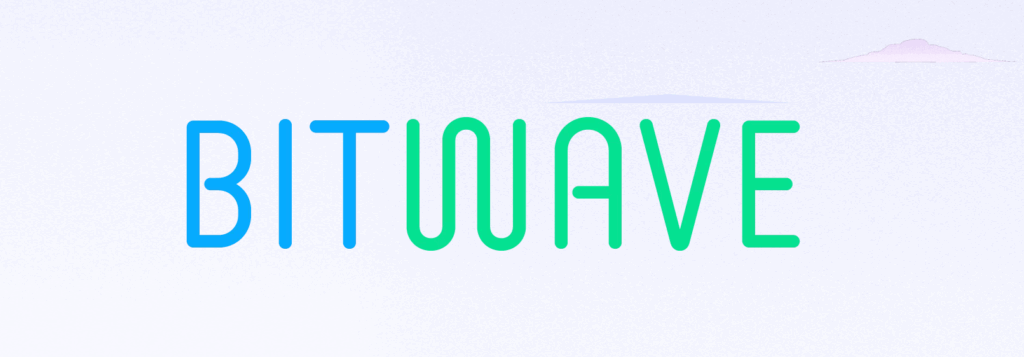
Bitwave is an enterprise-grade crypto accounting and compliance platform focused on enabling businesses to reconcile, report, and audit digital asset transactions at scale. It differentiates itself through workflow automation, and built-in support for key regulatory standards.
Reconciliation & Data Quality
Bitwave’s automated reconciliation engine connects to over 40 blockchains and major ERPs, facilitating high-volume, real-time transaction validation. Data quality is ensured through direct blockchain node integration, offering transparent, complete transaction histories ideal for audit-grade reporting.
IFRS, GAAP Compliance
The platform provides native support for both IFRS and GAAP accounting standards, with fair value measurement, impairment tools, and adaptable accounting treatments for digital assets. Customizable financial reports help organizations meet complex compliance requirements across international jurisdictions.
Regulatory Reporting (SOC1, SOC2, PCAOD Compliance)
Bitwave maintains SOC 1 and SOC 2 Type 2 certifications to satisfy stringent information security and operational criteria, supporting third-party audit requirements. However, there is limited public information about PCAOB-specific certifications, which may affect suitability for some US-regulated public firms.
Audit Trail Documentation
The system delivers immutable and granular audit trails from direct blockchain sources, documenting each transaction’s entire lifecycle. Detailed, exportable compliance reports and traceable records make Bitwave well-suited for external audits and regulatory scrutiny.
Pros
• Automated large-scale reconciliation and transaction categorization minimizes manual data entry and improves accounting accuracy.
• Comprehensive support for IFRS and GAAP standards enables versatile financial reporting across multiple regulatory environments.
• Strong security and regulatory foundation with SOC 1 and SOC 2 Type 2 certification enhances audit readiness for enterprises.
Cons
• Lacks explicit PCAOB-specific certification details, which may limit use for US firms requiring this standard.
• Enterprise focus and complexity could pose a learning curve for teams new to crypto accounting software.
• Pricing and feature set may be more robust than needed for smaller organizations or less complex crypto operations.
Best for: Bitwave is best suited for large enterprises, crypto exchanges, and complex financial operations requiring automated reconciliation, robust audit trails, and regulatory reporting for multi-blockchain activity under IFRS/GAAP frameworks.
Score: 4.0/5
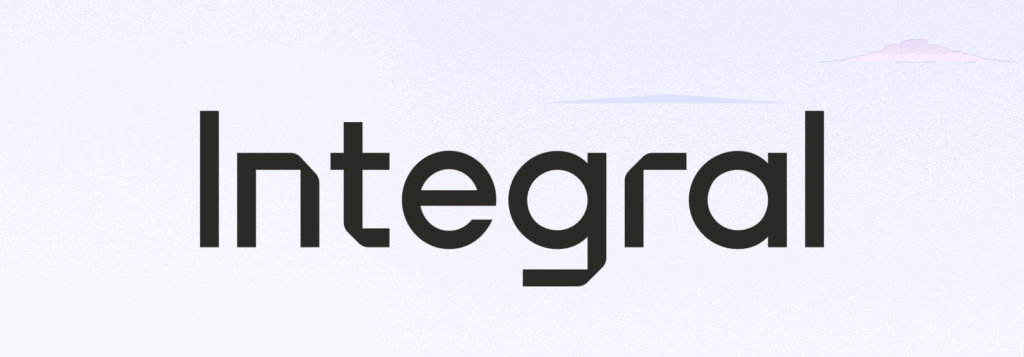
Integral is a financial management platform designed for Web3 and crypto-native businesses, focusing on automated bookkeeping, reconciliation, and treasury management for digital assets. Its differentiators include deep crypto integration, real-time asset consolidation, and high scalability across exchanges, wallets, and blockchains.
Reconciliation & Data Quality
Integral excels in data quality by providing automated, real-time aggregation and consolidation of transactions from wallets, exchanges, and custodians. Its onboarding and importing tools reduce human error, and it can process millions of transactions monthly without notable slowdowns.
IFRS, GAAP Compliance
The platform supports customizable accounting policies that allow users to implement IFRS and GAAP principles for crypto transactions. Features such as automated bookkeeping and configurable rules help ensure that financial statements and recognition comply with currently accepted standards.
Regulatory Reporting (SOC1, SOC2, PCAOD Compliance)
While Integral offers comprehensive audit trails and ERP integration, it does not specifically claim SOC1, SOC2, or PCAOB regulatory audit reporting certifications as of 2024. Users requiring formal certification reporting may need supplementary solutions or additional controls.
Audit Trail Documentation
Integral maintains detailed audit trail documentation for every transaction, including event timestamps and data lineage, aiding both internal and external audits. Asset movements, value changes, and all adjustments are logged automatically, offering transparency and traceability.
Pros
• Handles high transaction volume, reliably consolidating millions of crypto transactions from multiple sources without performance issues.
• Real-time treasury views and unified dashboards give finance teams immediate visibility across disparate wallets, exchanges, and assets.
• Customizable accounting policies support adherence to IFRS/GAAP standards for complex digital asset scenarios.
Cons
• Lacks explicit features or certifications for formal SOC1, SOC2, or PCAOB regulatory audit reporting.
• Public user feedback on regulatory compliance nuances is limited as of 2024, leaving some transparency gaps.
• Tailored for Web3 businesses, making it less suitable for organizations with purely traditional finance requirements.
Best for: Ideal for Web3-native companies, DAOs, and blockchain projects handling complex portfolios, high transaction volumes, and in need of automated crypto accounting workflows with real-time asset tracking and flexible compliance support.
Score: 3.5/5
Interested in TRES?

